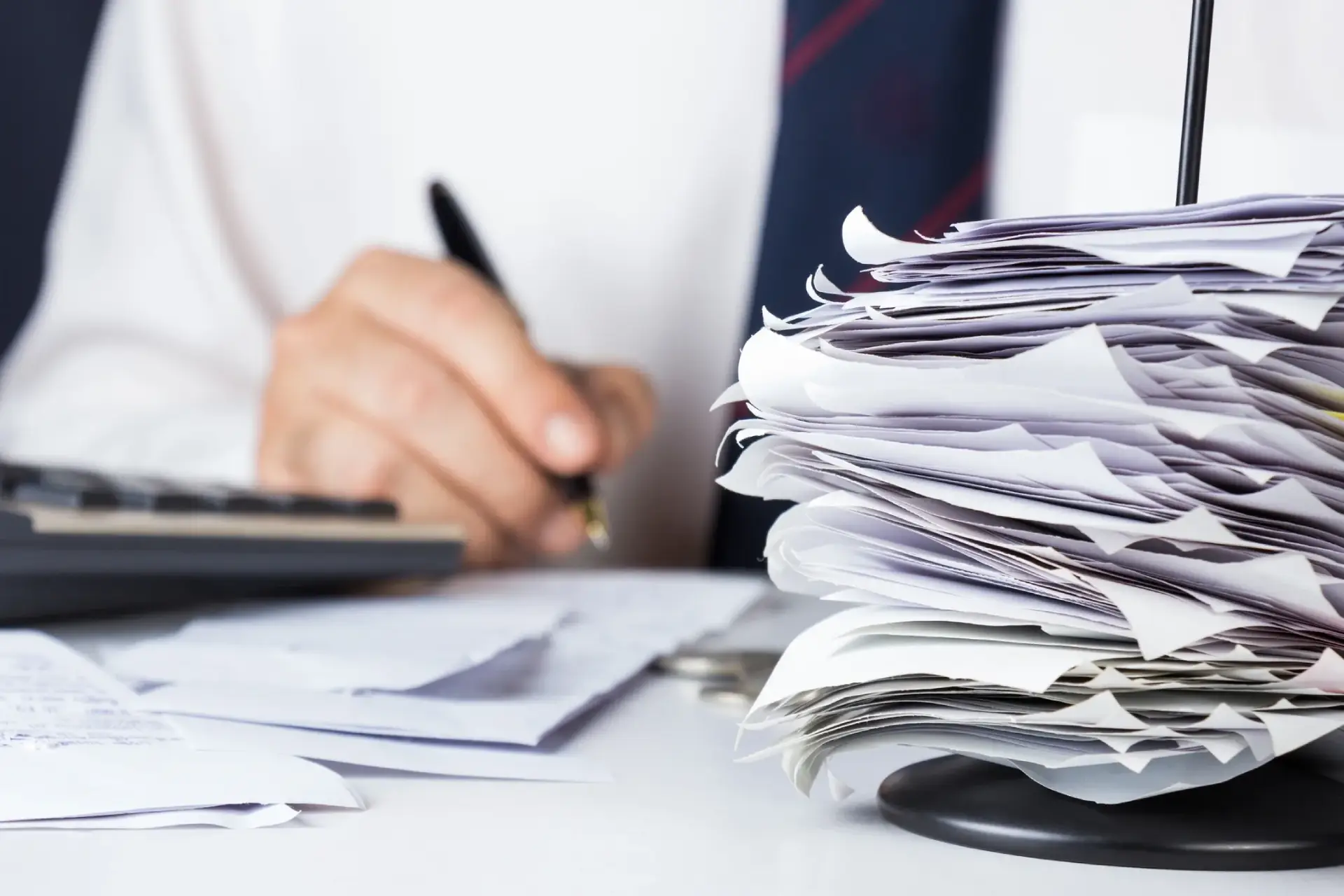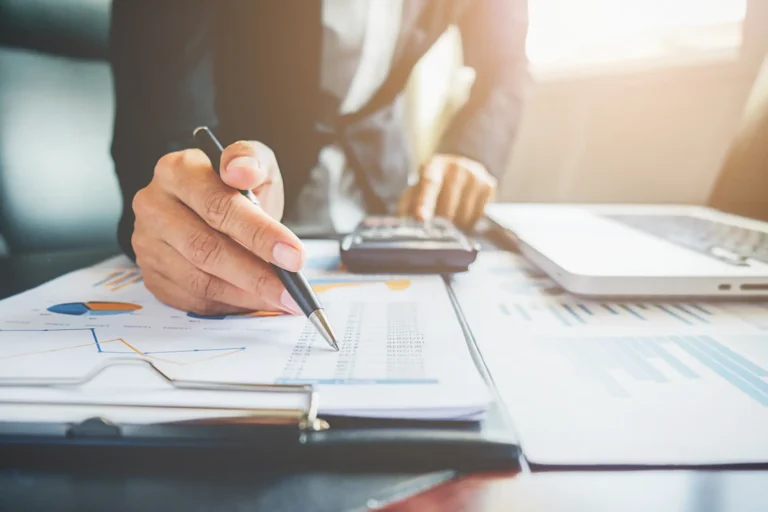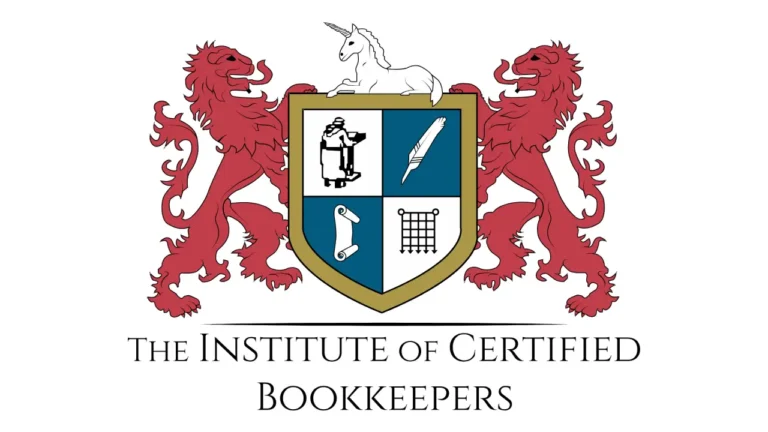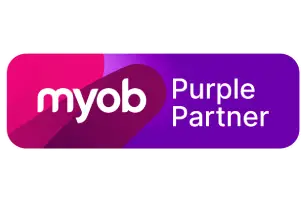Attaching receipts to your transactions is important for several reasons:
- Proof of Expense: Receipts serve as concrete evidence that a transaction took place. They provide documentation of the items purchased, their costs, and the date of the transaction. This is crucial for personal budgeting, expense tracking, and financial management.
- Accountability and Verification: Receipts help verify the accuracy of transactions. They allow you to cross-reference your financial records with the actual purchases made. This is particularly important for businesses, as it helps ensure that employees are making legitimate and authorised expenditures.
- Tax Deductions and GST: When it comes to tax time, having receipts can be essential for claiming deductions, credits, and reimbursements. Many tax authorities require documented proof of expenses to support your claims. Without proper documentation, you might miss out on potential tax benefits or risk inaccuracies on your tax return. Your bookkeeper will also require the receipt to confirm GST claimable.
- Audit Trail: Receipts provide an audit trail, making it easier to track and review your financial activities. Whether you’re managing personal finances or running a business, having a clear record of transactions helps in case of audits, inquiries, or disputes.
- Expense Reimbursement: For businesses, attaching receipts is often a requirement for employees seeking reimbursement for business-related expenses. It helps the company verify the validity of the expense and prevents fraudulent claims.
- Warranty and Returns: Receipts are often necessary to validate warranties on products and to facilitate returns or exchanges. Without a receipt, you may encounter difficulties if you need to return a defective item or claim a warranty repair.
- Record-Keeping and Compliance: ATO specifies you must keep a copy of receipts in 2 separate places. Having a copy in your accounting software (eg Xero, MYOB etc) plus one in your receipt collection app (Hubdoc, Dexa etc) satisfies that condition.








